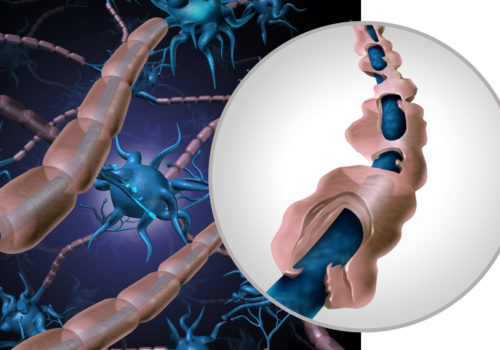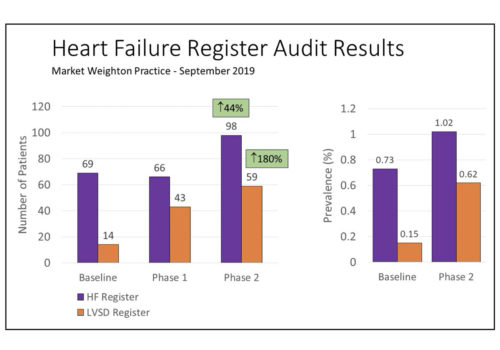Fasting during Ramadan means that you have longer gaps between meals than usual. Many people also eat more food in one meal – in particular, more carbohydrate-rich and fatty foods – during this time. If you have diabetes, this may mean that you have large swings in your blood sugar levels during Ramadan. During the day – when you are fasting – your blood sugar is likely to drop. This may make you feel weak, tired and dizzy. This is called hypoglycaemia (which means low sugar) – a period of hypoglycaemia is sometimes called a ‘hypo.’ People who are sick or whose health may be adversely affected by fasting – such as those with diabetes – do not have to fast during Ramadan. However, some people do decide to observe the fast. This leaflet gives you some tips on how to keep well.






















